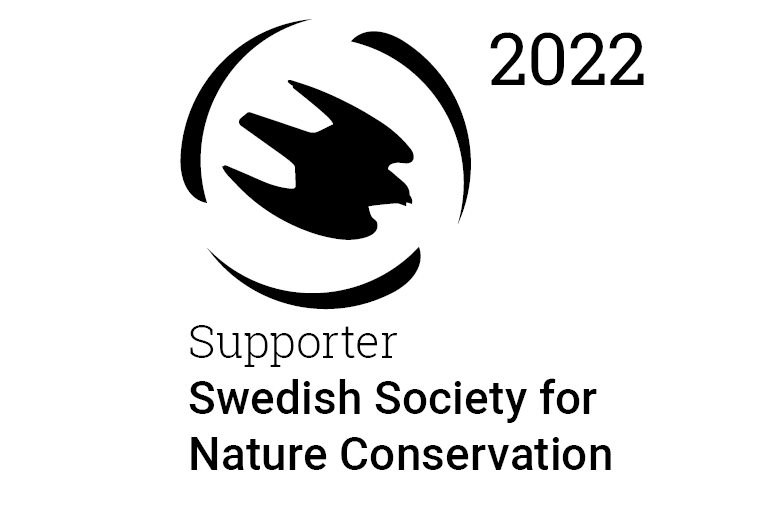- Home
- News Details
News Details

Advancement of Draft National Chemical Law in Brazil
2023-06-16 Reference source : Camara Legislativa
Latin America Regulatory Updates
The Constitution, Justice, and Citizenship Commission (CCJC) of Brazil on 9th of May 2023, granted their approval to the preliminary Draft Law of National Inventory of Chemical Substances (PL6120/19), also known as the Projeto de Lei do Inventário Nacional de Substâncias Químicas. As part of the legislative process in Brazil, the Federal Senate, or Senado Federal, will now undertake the discussion and evaluation of the Law. If the Law is approved by the Federal Senate and enacted into law, Brazil will join Chile, Colombia and Peru as South American nations that have implemented some form of national chemical management scheme.
With a concise length of only eight pages, the preliminary Law leaves various aspects open for further development. Nonetheless, the fourteen Articles provide significant insight into the government's perspective on the management of chemical substances. The "Rationale" section, located at the end of the draft Law, extensively elaborates on these viewpoints. While acknowledging chemical substances as the fundamental building blocks of life and the key components used in manufacturing products, Brazil also recognizes the potential dangers and risks associated with these substances if not properly managed. Despite the presence of multiple chemical substance registries in the country, Brazil highlights the absence of a comprehensive analysis regarding the potential risks posed by each substance. Consequently, an all-encompassing inventory and registration mechanism should be established.
From this standpoint, the government advocates for a comprehensive approach to managing chemical substances in the country, with an emphasis on knowledge-based prevention throughout their life cycle. The Law also aims to reduce fatalities and illnesses caused by hazardous chemical products, enhance water quality by minimizing exposure, provide training to the healthcare sector on managing poisonings and related illnesses, promote the correct use of these products, and address several other aspects. Finally, the government outlines three specific areas of action to be achieved through the implementation of the Law:
- Acquiring missing information about substances entering the country, particularly those intended for industrial use.
- Facilitating interaction among existing information systems to prevent redundancy in efforts by citizens and the government.
- Establishing a comprehensive mechanism for assessing hazardous substances that integrates a technical perspective on environmental care, health, and production.
You can check the full document here: Compliance Library of Brazil Regulatory Region | GPC Gateway
We acknowledge that the above information has been compiled from Camara Legislativa.
Global Product Compliance (GPC) specializes in Global Regulatory Compliance Solutions across sectors
globally. SSS Europe, a familiar name in chemical regulatory and compliance services now formally belongs
under the umbrella of GPC Holding Sweden.
Since 2008, we have emerged as one of the leading names among Global Regulatory Compliance Service
Providers with Representation services in Europe, Asia and Middle East for respective chemical
regulations.


